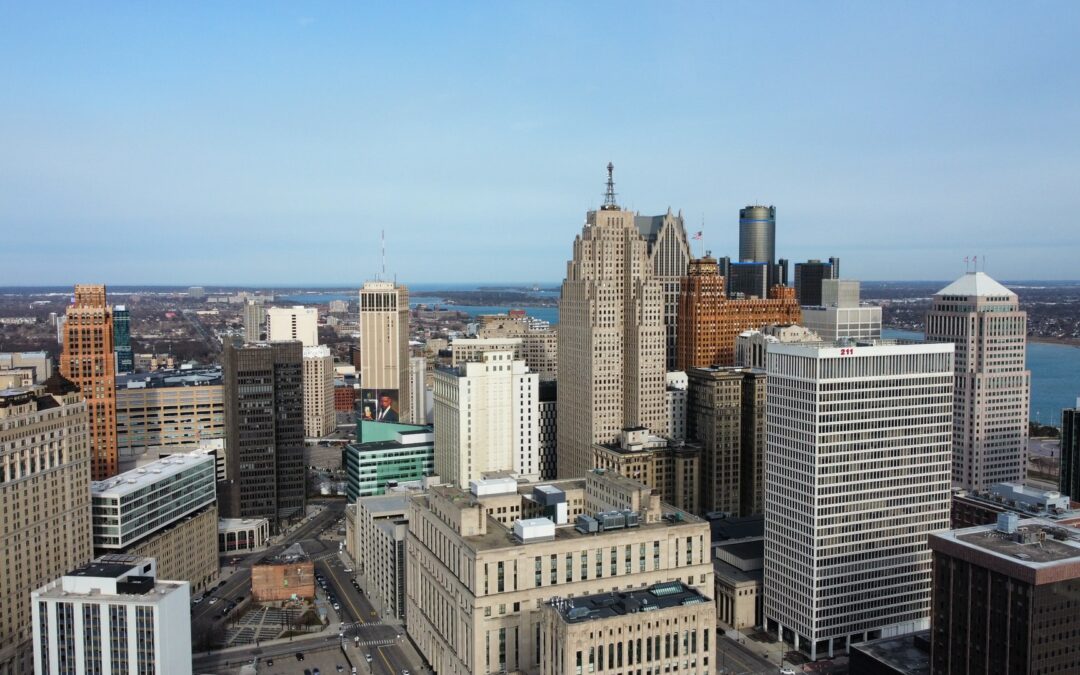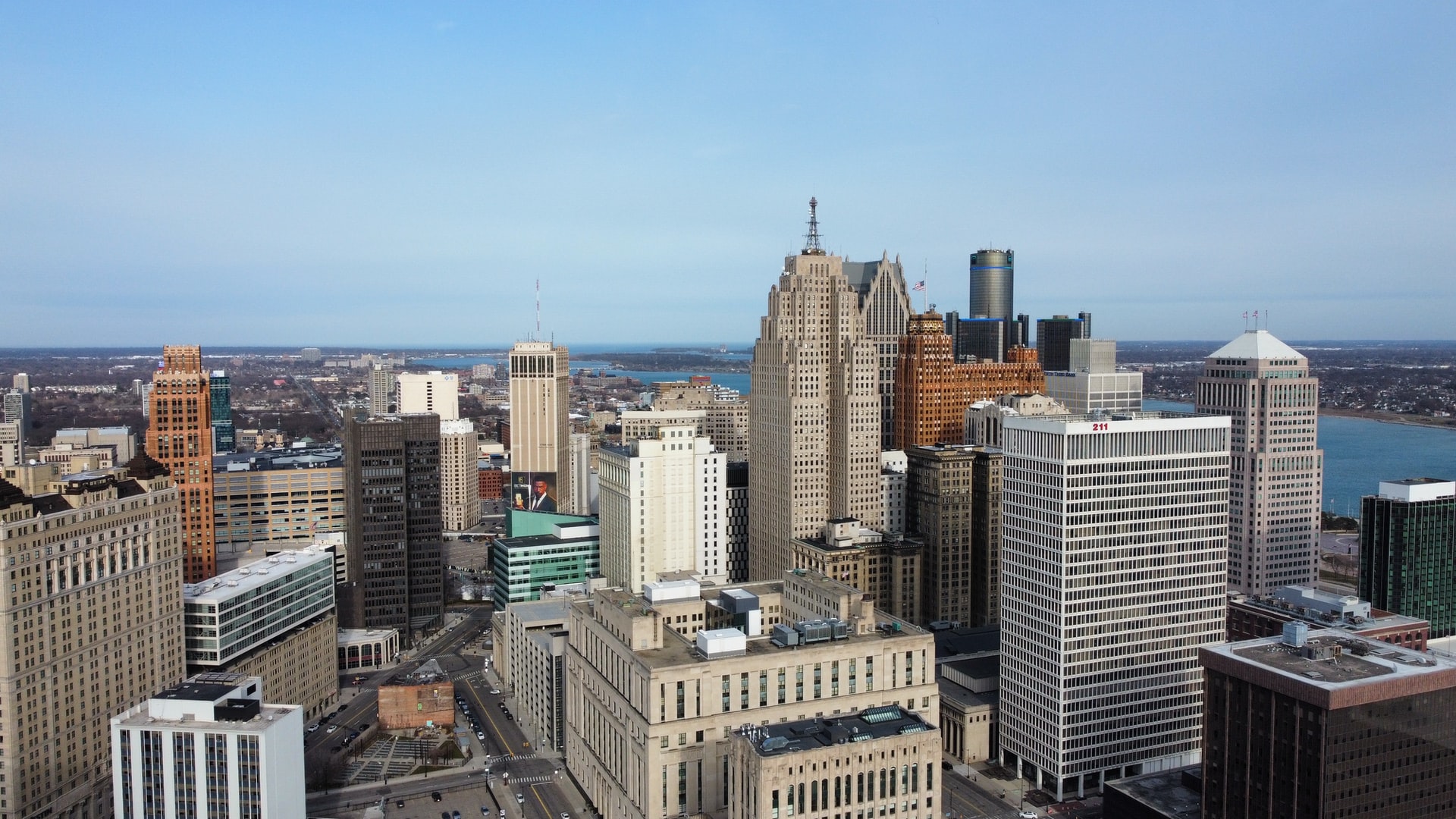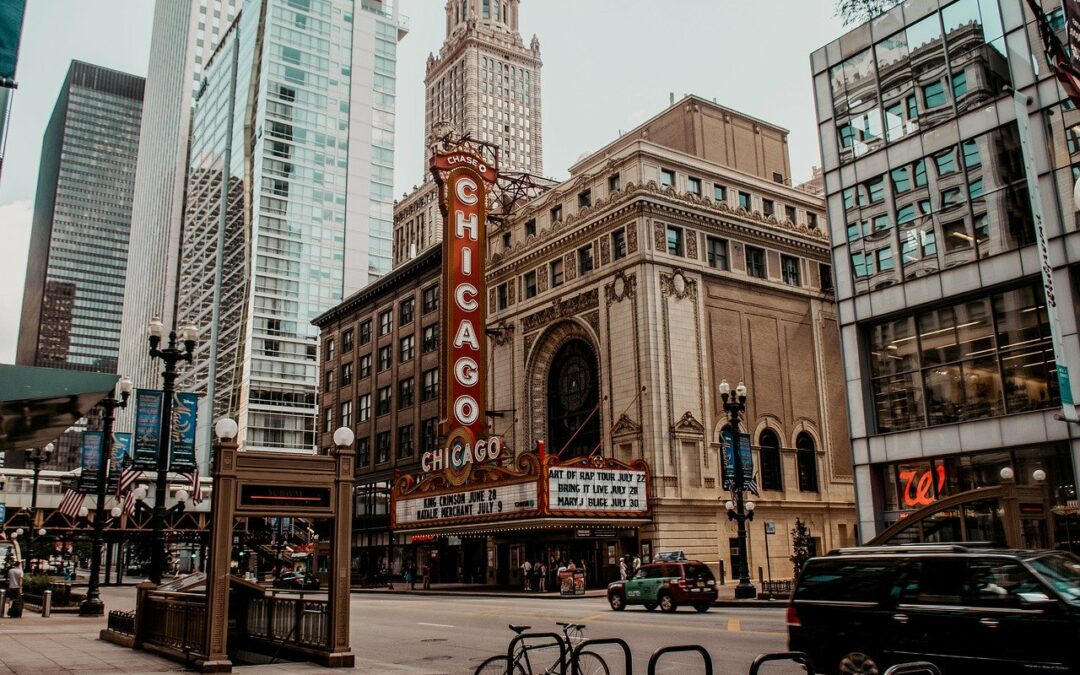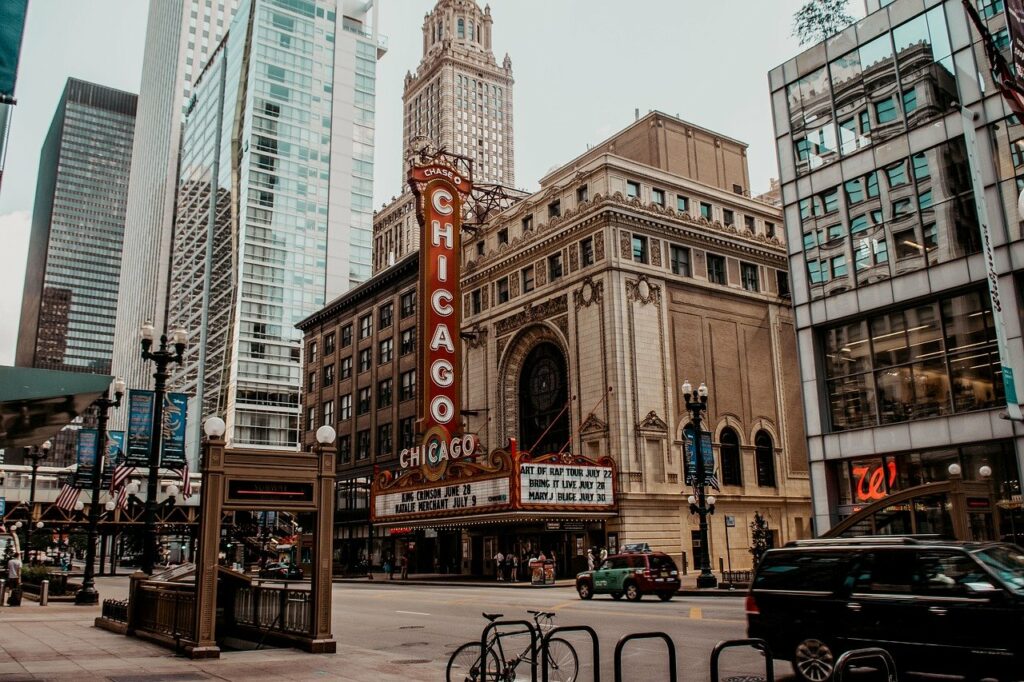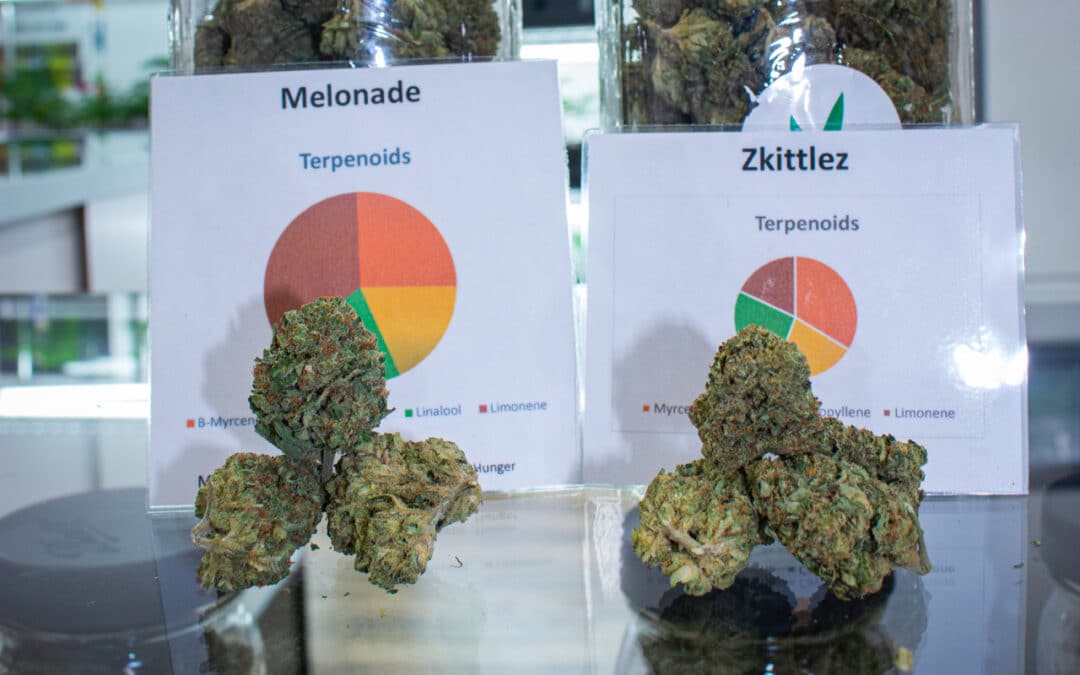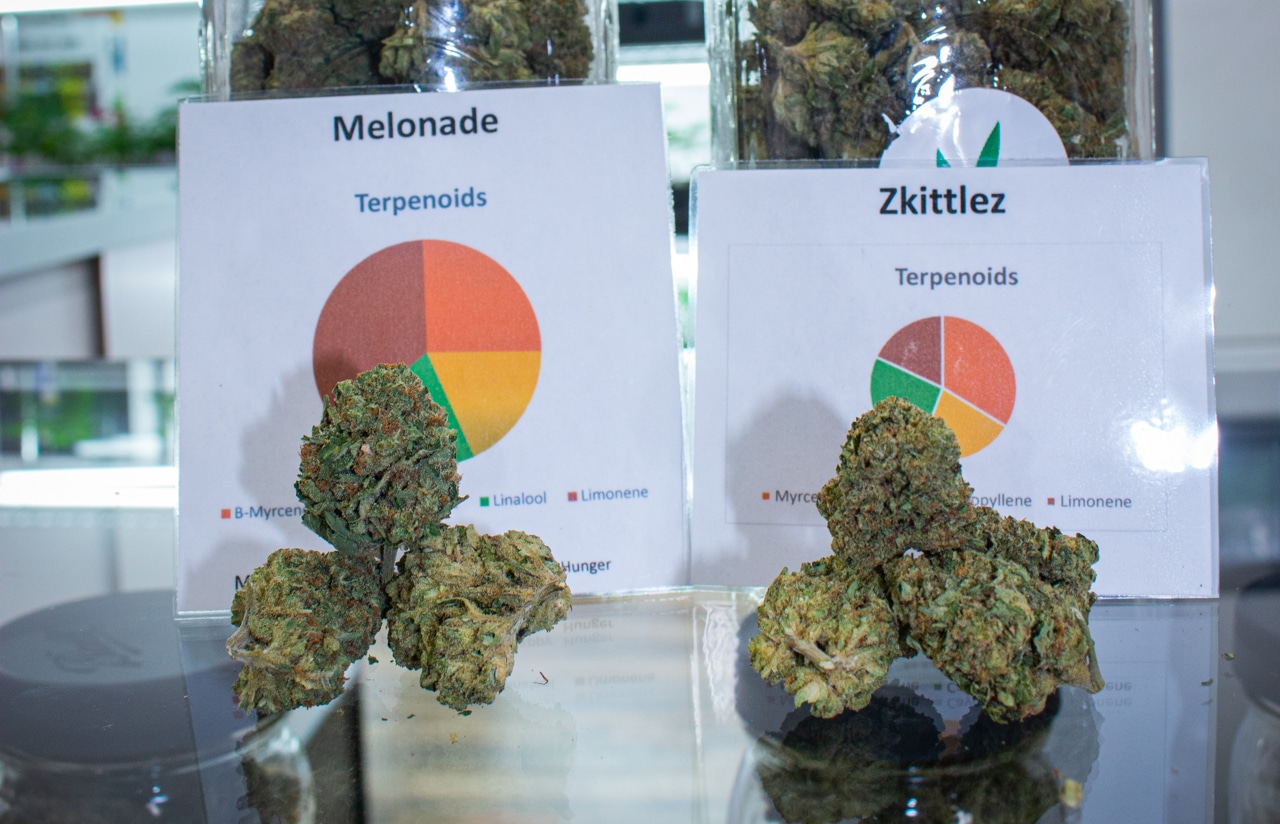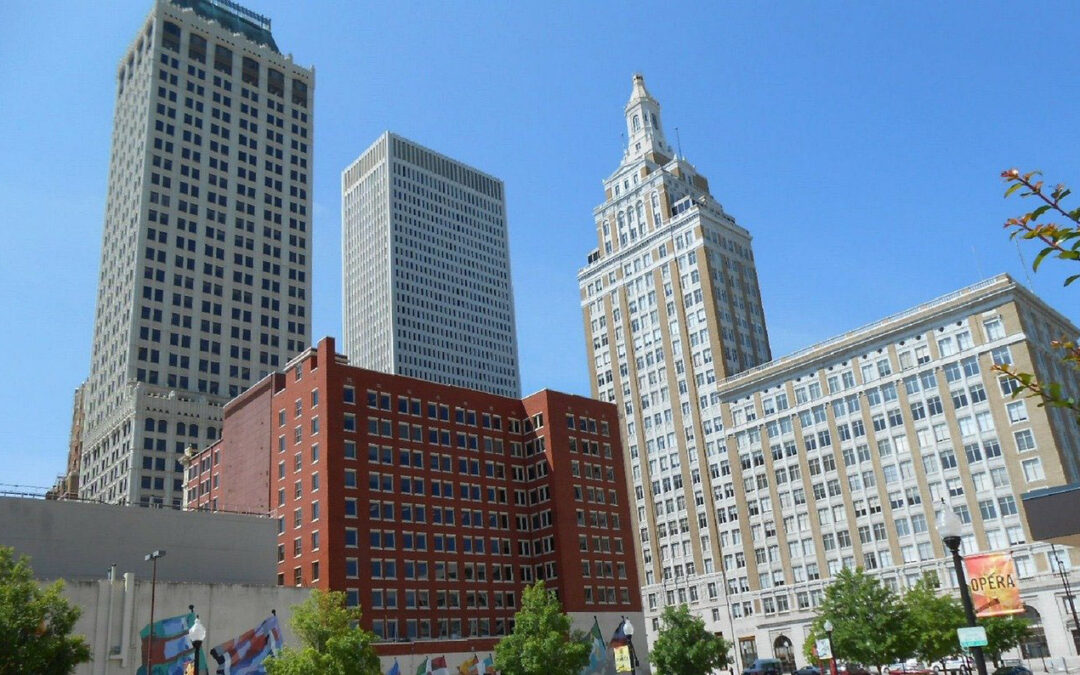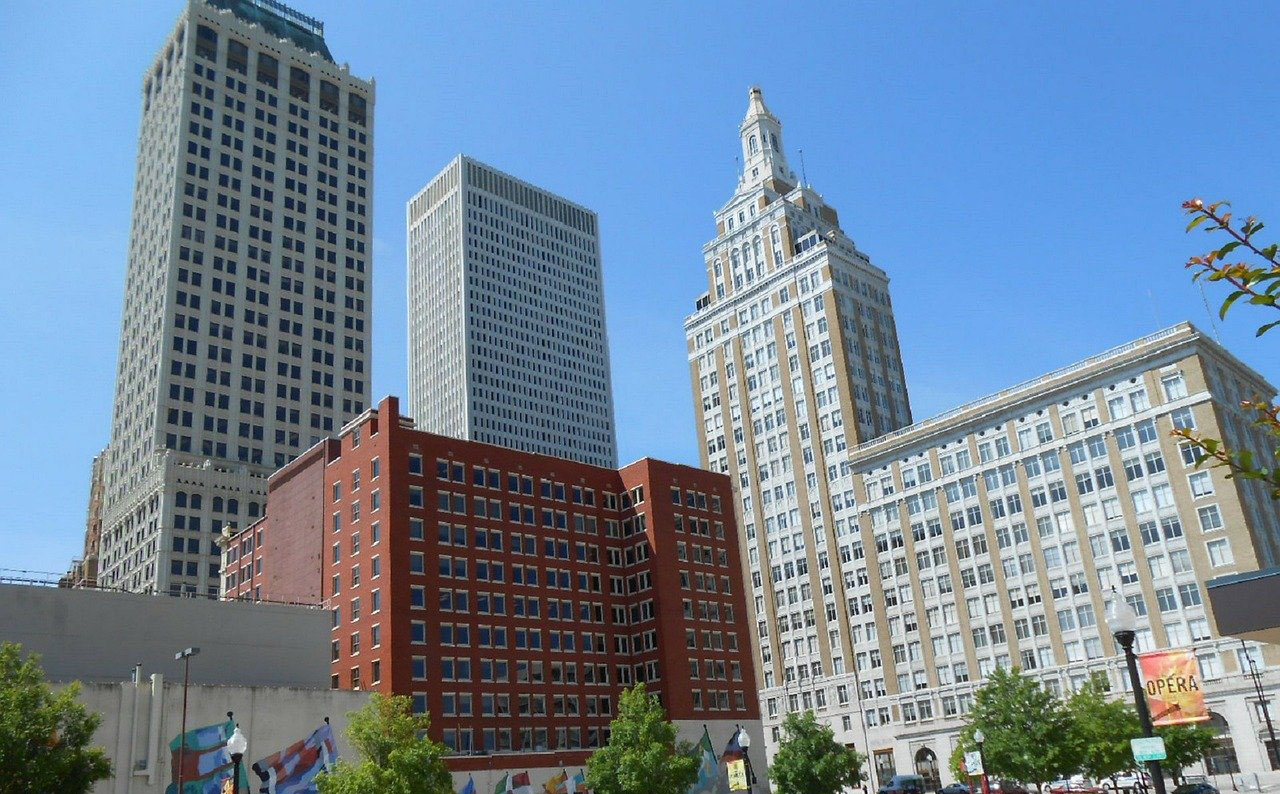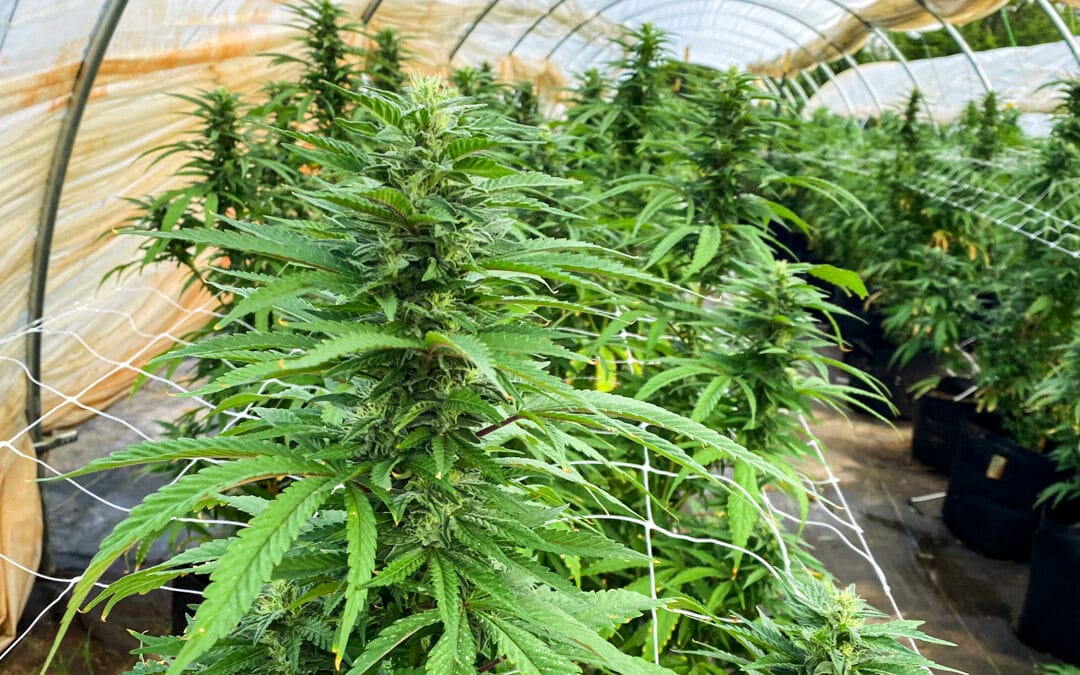
Why you should stop calling it “marijuana”
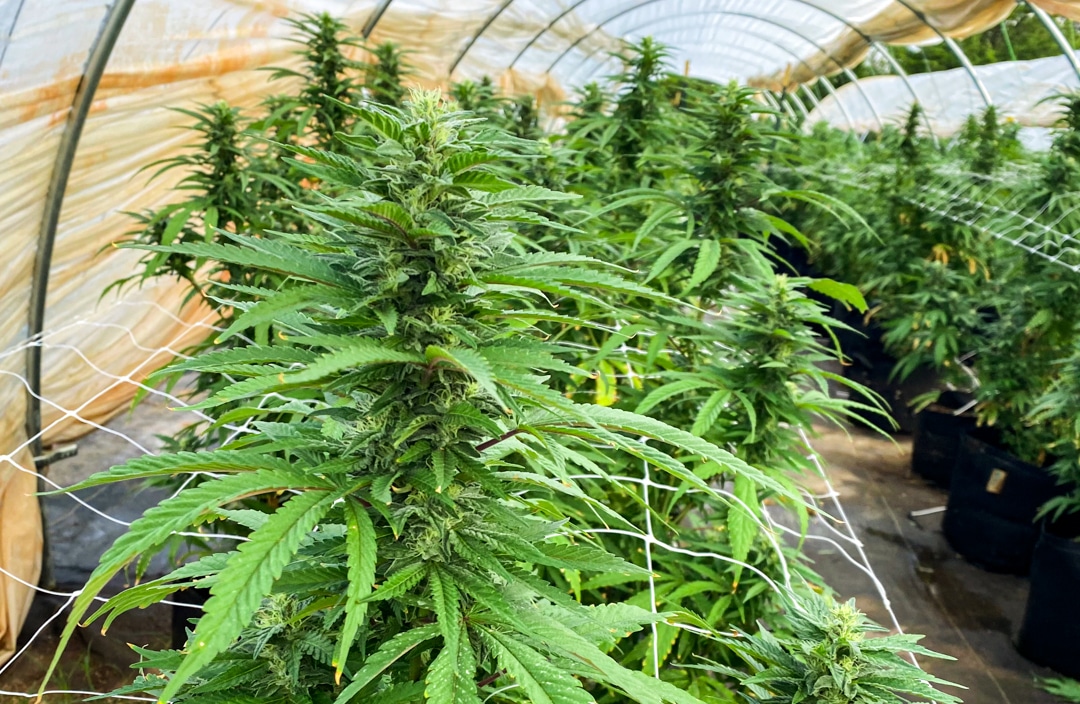
The majority of Americans now approve of cannabis legalization on the federal level. Yet the majority of the country still refers to the plant by much different name: marijuana.
If you walked up to someone in their mid-forties and asked them their opinion on cannabis, there’s a chance they wouldn’t know what you were talking about. However if you asked them if they supported the legalization of marijuana, there’s a higher likelihood of them supporting it than not.
So where is the confusion?
When we have been referring to cannabis as “marijuana” for nearly a century, it isn’t as easy to telling people that the name has changed. But the reality is that cannabis was always, well, cannabis.
Origins of cannabis
Cannabis has been a known and used plant for medicine and recreation for centuries. With use dating back to 8,000 B.C. in Mesopotamia, those studying medicine throughout the generations have had plenty of time to learn about the origins of the cannabis plant.
Through these studies, this is where the plant’s name originates. Actually, it has several names for the various types of cannabis that can be found across the globe.
Cannabis Ruderalis (northern/central Asia), Cannabis Sativa (Eastern Europe/Central Asia), and Cannabis Indica (China, Korea, Southeast Asia, Himalayas, Middle East) are the most studied and well known biotypes of cannabis. These are the scientific names for the plant. Notice that none of them have the word “marijuana” or anything close to it in their title.
So if cannabis had held that name for centuries of scientific study, what changed?
The answer to this question is why you should stop using the word “marijuana” when talking about cannabis.
Origins of “marijuana”
The origins of the word “marijuana” or “marihuana” are debated among the cannabis community. But one thing is inarguable; the word is racist.
Cannabis, AKA hemp, was a major cash crop in the United States for decades, with the government even requiring its production by farmers during the Revolutionary War. Now, why cannabis became illegal in the first place is highly debated.
Many argue that cannabis became illegal because major paper manufacturers and big cotton producers partnered together to phase out hemp as a material for paper. However there is very little historical information to back this up. The more recognized and historically traced reason for the criminalization of cannabis goes back to the introduction of Mexican immigrants to the United States.
Prior to their arrival, recreational use of cannabis was not widely accepted. The plant’s main uses were medicinal and manufacturing. Hash and concentrated forms of cannabis were commonly used by doctors to treat a variety of ailments. The fibers of the hemp plant were great not only for creating boat sails which were vital to the war effort, but hemp was also a vital material in clothing and paper for decades.
However it was when Mexican immigrants arrived and brought their preferred method of cannabis consumption with them that the plant would begin to gain notoriety. Opposed to consuming it in a medicinal form such as a tincture which was common in the country at the time, the immigrants would roll up loose cannabis flower into cigarettes or pack it into pipes and smoke it.
Just like today, immigration of Mexicans to the United States stirred up xenophobia. In the 1930s a man named Henry Anslinger, the head of the Federal Bureau of Narcotic (now the DEA), made a distinct effort to link cannabis use to Mexican immigrants to stir up fear in the community and build support for prohibition.
Keep in mind this is the 1930s, and alcohol prohibition had already been in effect for almost a decade. So the idea of banning a substance through provoking fear in the public was by no means a new concept.
Anslinger would coin the term “marihuana” to replace cannabis. He chose the word because of its foreign sounding nature that could be attached to Mexican immigrants. But Mexicans weren’t the only victims of Anslinger’s racist campaign against cannabis.
Henry Anslinger held such views on cannabis as, “Reefer makes darkies think they’re as good as white men,” and, “Marihuana leads to pacifism and communist brainwashing.” One of his most famous quotes is as revealing as we need it to be to recognize the racist intentions of the word “marijuana”:
“There are 100,000 total marijuana smokers in the US, and most are Negroes, Hispanics, Filipinos and entertainers. Their Satanic music, jazz and swing, result from marijuana usage. This marijuana causes white women to seek sexual relations with Negroes, entertainers and any others.”
Need I say more?
In the end as we all know, Anslinger’s plan would be a success. In 1937 the United States passed the Marihuana Tax Act which would be the basis for criminalizing the plant nationwide in the years to come.
After the Marihuana Tax Act of 1937 went into effect, the Bureau of Narcotics arrested Moses Baca for marijuana possession. Baca was a Mexican-American and was the first victim of the federal government’s war against drugs.
It’s time to move on
To make a long story short, the only reason the word “marijuana” even exists in the first place is because of racism. And that same racism has fueled the drug war that has plagued the United States for decades, with that word being at the forefront of the campaign.
Does this make everybody who calls cannabis marijuana a racist? Of course not. Don’t attribute malice to that which can be explained by ignorance.
It’s not like the history and prohibition of cannabis is taught the same way prohibition of alcohol is in high school. Politicians don’t want to talk about the dark, tattered history of the plant and why it became illegal in the first place. Anybody who wanted to know the history of cannabis had to seek it out themselves, and in most cases still do!
Let’s not forget that cannabis is still illegal on the federal level, all because of the racist campaign Henry Anslinger started in the early 20th century. Well, we’re in the 21st century now, and it is time to move on from the outdated, racist terms used to describe a plant that thousands use as medicine and recreation.
It isn’t snobby to call cannabis by its proper name to combat the decades of racism its former helped promote. It isn’t elitist or trying to be cool to use the proper terms for a plant that the majority of us want to be legal.
How can we expect legalization of cannabis when we can’t agree on what to call it?

